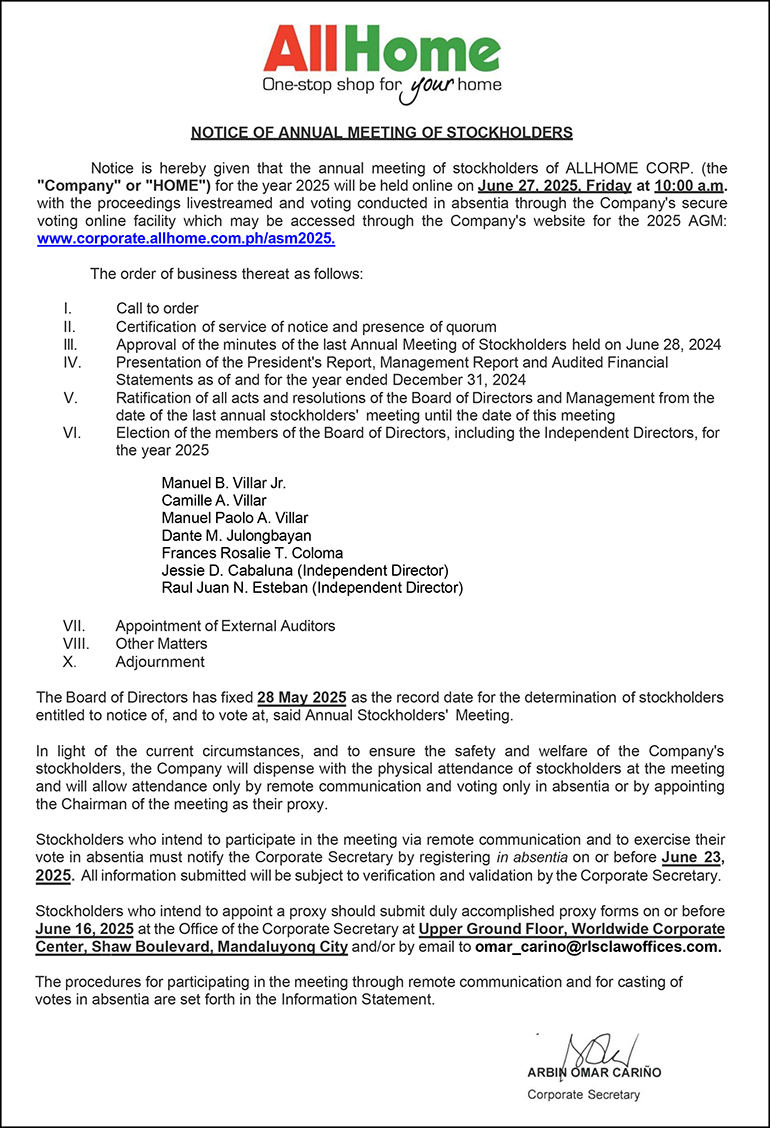– Sponsor her. Women in the workplace need both mentorship and sponsorship. The latter is someone who advocates for you when you’re not in the room, explains Rosalind Chow, an advocate for sponsorship and the author of the new book The Doors You Can Open.
But sponsorship often isn’t a small ask of senior leaders—and it can be an even bigger ask of women. Rising women are more likely to need “protection” from their sponsors.
“Women proteges tend to get criticized more often—so women sponsors need to engage in protection more often than male sponsors do,” says Chow, who teaches organizational behavior and theory at Carnegie Mellon University. “But protection is a very costly sponsorship behavior…It means they’re using up their social capital. Every time they do this, it knocks their credibility just a little bit more.” Over time, that can hurt up-and-coming women in the workplace—their sponsors’ efforts “might start being less effective,” Chow says.
She shares an example in her book; a director of a women’s leadership program recommended a part-time instructor for a full-time position. The instructor was passed over, with the college administration citing her lack of a PhD as a determining factor—even though the school had recently promoted a male instructor without a PhD. On top of this, the director was met with accusations that she had gone against hiring processes and against the wishes of other faculty members. “For her efforts, she was rewarded with damaged relationships and broken trust,” writes Chow.
 Rosalind Chow writes about the surprising rules of sponsorship in her new book “The Doors You Can Open.”
Rosalind Chow writes about the surprising rules of sponsorship in her new book “The Doors You Can Open.”This is just one of the differences that comes up for women seeking allies to support their career advancement. The discrepancy starts with who women seek out as sponsors—often other women. With men still dominating most corporate leadership, that can mean the “power level of the sponsor” can be different for rising women compared to men.
Efforts to counteract those gaps—like networking—can come with their own penalties. “Networking is manipulative when it’s done by women, and when it’s done by men it’s just kind of like, ‘Yeah, this is what people do,’” says Chow. Women who actively network often receive lower leadership ratings than men, and their connections with high-status people are viewed—negatively—as strategic.
It’s ironic how sponsorship can hurt senior women—given that women often view it as a more “palatable” form of networking. “The focus is not on you. It’s about helping others…as opposed to trying to maximize everything for yourself,” she says.
Chow previously developed a mentorship program for Black professionals at the Advanced Leadership Institute, where she aimed to push leaders from mentorship to sponsorship—to go from trying to change the behavior of a mentee, to getting others to see how great that person already was.
That’s why she says one of the most critical ways men can support women in the workplace is to sponsor them. Men can tap the power they have accrued and take risks that senior women often can’t, without the risk of hurting their own careers. Senior male leaders should ask themselves, “How many women do I know? How many women do I trust, spend time with, respect?” she advises. “All those women that you know and respect, you should be sponsoring.”
The Most Powerful Women Daily newsletter is Fortune’s daily briefing for and about the women leading the business world. Today’s edition was curated by Nina Ajemian. Subscribe here.
This story was originally featured on Fortune.com

 6 hours ago
1
6 hours ago
1






















 English (US) ·
English (US) ·